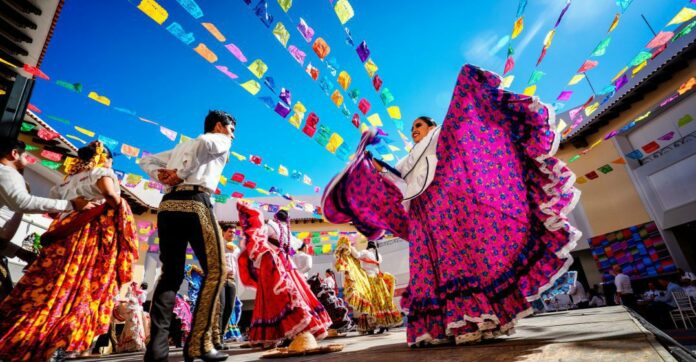Introduction
Traditions play a fundamental role in shaping our cultural identity and providing a sense of belonging. They are the customs, rituals, beliefs, and practices passed down from generation to generation. In this article, we delve into the diverse world of traditions, exploring their importance, the reasons they endure, and how they enrich our lives.
The Meaning and Purpose of Traditions
Preserving Cultural Heritage
Traditions are like threads that weave the tapestry of our cultural heritage. They connect us to our ancestors, enabling us to celebrate and honour their values, beliefs, and achievements. Through traditions, we pass on our collective history and keep alive the unique aspects of our cultural identity.
Strengthening Family and Community Bonds
Traditions create a sense of togetherness and unity among family members and communities. They provide opportunities for shared experiences, fostering deeper connections and emotional bonds. Whether it’s celebrating festivals, observing religious rituals, or engaging in annual gatherings, traditions offer a sense of belonging and reinforce the ties that bind us.
Providing Continuity and Stability
In a rapidly changing world, traditions offer a sense of continuity and stability. They provide a framework of familiar rituals and practices that can be relied upon, especially during times of uncertainty or transition. Traditions offer a comforting anchor, reminding us of our roots and grounding us in a world that can often feel chaotic.
Transmitting Values and Knowledge
Traditions serve as vehicles for transmitting values, knowledge, and wisdom from one generation to the next. Through rituals, stories, and shared experiences, traditions teach us about cultural norms, ethical values, and life lessons. They impart important knowledge and shape our perspectives, helping us navigate the complexities of life and make meaning of our existence.
The Diversity of Traditions
Cultural and Ethnic Traditions
Cultural and ethnic traditions encompass a wide range of customs and practices specific to a particular group or region. These traditions include festivals, ceremonies, music, dance, cuisine, clothing, and artistic expressions that reflect the unique heritage and identity of a community. Examples include Chinese New Year celebrations, Diwali festivities, and Highland Games in Scotland.
Religious Traditions
Religious traditions hold deep significance for millions of people worldwide. They encompass rituals, ceremonies, prayers, and observances associated with religious beliefs and faiths. These traditions provide a framework for spiritual expression, moral guidance, and communal worship. Examples include Christmas, Ramadan, Yom Kippur, and Vesak.
Family Traditions
Family traditions are customs and rituals that are specific to a particular family unit. They can be passed down through generations or created anew within a family. Family traditions may include holiday celebrations, annual vacations, family meals, storytelling sessions, or specific ways of marking significant life events. These traditions foster a sense of belonging, create lasting memories, and strengthen familial bonds.
Frequently Asked Questions (FAQs)
1. Why are traditions important in society?
Traditions are important in society as they preserve cultural heritage, strengthen social bonds, provide stability, and transmit values and knowledge from one generation to another. They contribute to a sense of identity, belonging, and continuity within communities.
2. Do traditions change over time?
Yes, traditions can change and evolve over time. As societies progress, new influences and experiences shape traditions, leading to modifications and adaptations. However, the core values and essence of traditions often remain intact, ensuring their relevance and longevity.
3. How can we create new traditions?
Creating new traditions within families or communities can be a beautiful way to foster connection and create shared experiences. It can involve identifying meaningful activities, establishing rituals, and engaging in regular practices that hold significance for the individuals involved.
4. Can traditions be celebrated by anyone?
While some traditions are closely tied to specific cultural or religious groups, there are also many traditions that can be celebrated and appreciated by individuals from different backgrounds. Embracing and respecting diverse traditions can promote cultural understanding and harmony.
Conclusion
Traditions are the threads that connect us to our past, bind us to our present, and guide us into the future. They are the colourful expressions of our cultural heritage, the celebrations of our shared beliefs, and the foundations of our collective identity. Whether cultural, religious, or family-oriented, traditions play a vital role in shaping who we are and how we navigate the world. By honouring and preserving traditions, we embrace the beauty of our diverse human experience and ensure the continuity of our rich cultural tapestry.
============================================


